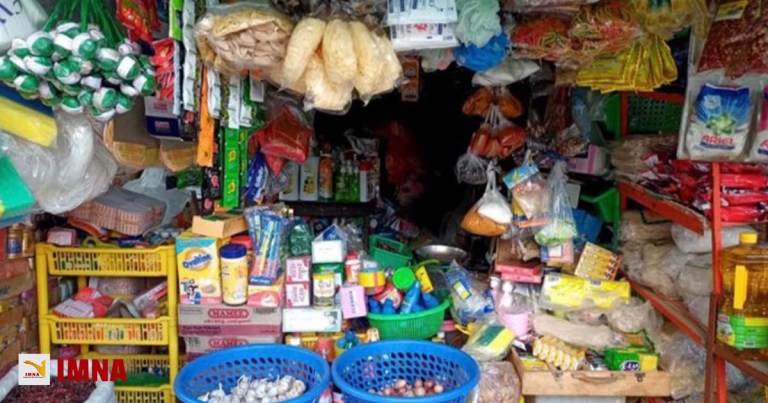Despite a recent drop in foreign currency exchange rates, the prices of essential goods and commodities in Myanmar have not followed suit, causing frustration among the public. Many households are struggling with high costs that persist even though the exchange rate for the US dollar has fallen from a record high of nearly 7,000 kyats in August to around 4,500 kyats in mid-September. Similarly, the Thai baht exchange rate has decreased, but commodity prices remain steep.

The disparity between the decline in foreign currency rates and unchanged prices of basic goods has raised concerns among the public, especially housewives who are responsible for managing household budgets. Below are the voices of some housewives from different regions of the country.
A Housewife from Ye Township stated:
“Even though prices should have dropped by now, we’re still paying high rates. Our income doesn’t match our expenses anymore. For example, daily wages are around 8,000 kyats, but daily expenses exceed 30,000 kyats. We’re struggling just to cover basic needs, like food and cooking supplies. It’s hard to manage, and many people are forced to make do with less. In some areas, theft has become more common because people are desperate. It’s a challenging time for everyone.”
A Housewife from Mawlamyine Township shared a similar sentiment:
“When the foreign currency rate spiked, prices for goods went up quickly and have not come back down. Even though the kyat has strengthened slightly, commodity prices remain high. Worse still, some essential goods are in short supply. Even in larger supermarkets, items are limited, and we’re only allowed to buy a few packs at a time. It’s difficult, and everyone is feeling the burden.”
Another Housewife from Ye Township expressed her frustration:
“Although foreign currency rates are falling, shopkeepers aren’t reducing their prices. For families like mine, it’s a serious issue. Essential items like rice, oil, and salt are still being sold at inflated prices. Even though oil prices have dropped, we’re still paying the old high prices. Our daily earnings of 20,000-30,000 kyats are no longer enough to cover basic household expenses. No matter how much the foreign exchange rates change, we continue to pay more than we can afford.”
As foreign exchange rates continue to fluctuate, Myanmar’s households are left wondering when, if ever, they will see relief from rising costs. The current situation highlights a growing economic strain felt by families across the country as they grapple with increasing living expenses that show no signs of abating.


